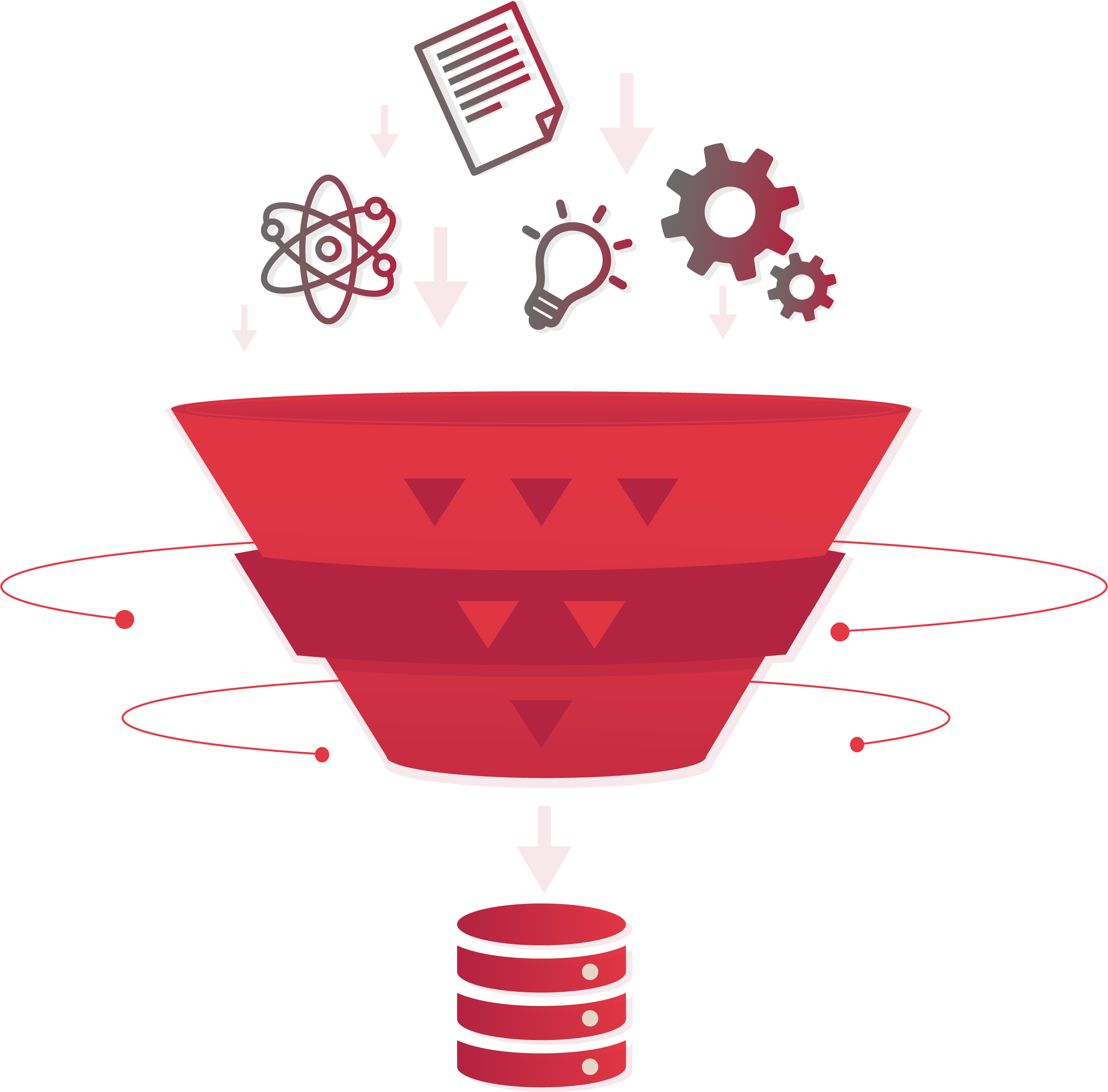Data curation.
OpenOrgs streamlines this process by identifying and resolving potential data duplicates, thus enhancing the integrity of the data related specifically to organisations.

OpenAIRE is a non-profit organization with a mission to promote open scholarship and improve discoverability, accessibility, shareability, reusability, reproducibility, and monitoring of data-driven research results, globally. The OpenAIRE Graph is a key element of this initiative, serving as a comprehensive collection of metadata related to research outputs, projects, organisations, and researchers. The curation work in OpenOrgs plays a significant role in enhancing the functionality and accuracy of the Graph, contributing in several ways:
OpenOrgs ensures the data about research organisations is accurate and up-to-date, enhancing the reliability of the OpenAIRE Graph.
The disambiguation of information about research entities improves the discoverability of related research outputs, projects, and datasets.
Accurate linking of research outputs to organizations helps in tracking contributions and collaborations across the research landscape.
Curation aids organizations in meeting open access mandates and reporting requirements by accurately representing their research outputs.
Reliable organizational data contributes to more accurate research performance metrics and assessments.
By improving data quality and accessibility, OpenOrgs curation supports transparency, reproducibility, and accessibility in research.
How can you help?
-
All Data Curators, can assist by:
- Enriching and updating metadata for organisations.
- Identifying and resolving duplicates, both algorithm-suggested and manually identified.
- Approving organisations and providing them with stable OpenOrgs IDs.
- Adding new organisations to the OpenOrgs database.
- Documenting your insights in the notes section for each organisation.
- Reviewing and understanding the history of modifications on organisation pages.
-
As a Simple User, your contributions are valuable through:
- Reviewing and deciding on potential duplicate organisations as indicated by the algorithm.
- Optionally enhancing metadata while resolving duplicates.
- Concentrating your efforts on a specific set of countries.
- Editing and enriching the metadata of organisations.
- Initiating the creation of new organisation entries, subject to administrative approval.
- Participating in the approval process for suggestions from the duplicate identification algorithm.
-
As a National Administrator (NOAD), you play a crucial role by:
- Giving final approval to new organisations, thereby granting them official OpenOrgs IDs.
- Managing user access and permissions within your nation.
- Taking charge in resolving any conflicts that occur.
- Making decisions on pending organisations to finalize their approval status.

Curation methodology.
OpenOrgs curation methodology integrates advanced algorithms with expert human oversight,
ensuring high-precision identification and management of duplicates, along with comprehensive
metadata enhancement for accurate and detailed organisational records
Automatic Duplicate Suggestion
The algorithm periodically suggests potential duplicates for data curators to review. While the algorithm detects similarities, the final decision on whether different digital representations represent the same object requires human precision.
Manual Duplicate Management
Beyond automatic detection, data curators manually address ambiguities in OpenAIRE's aggregated organisational data. They follow established procedures to resolve identified duplicates, playing a crucial role in improving data accuracy and quality.
Metadata Curation
Within OpenOrgs, data curators have the ability to enhance the metadata description of organisational entities.
This process addresses information gaps from original sources, significantly boosting the discoverability and completeness of organisational records.


Official Name
& Type
Ensuring the organisation's official name is accurately listed and categorizing the type of organisation (e.g., university, research institute, non-profit).

Geographical
Location
Specifying the organisation's precise geographical location, including city and country, to facilitate regional and global discoverability and collaboration.

Acronyms
& Aliases
Recording official and commonly used acronyms to aid in recognition and searchability.
Including other names by which the organisation is known, enhancing the ability to find the organisation under different search terms.

Identifiers

URLs
Providing official website URLs, contributing to direct accessibility and verification of the organisation's online presence.

Relations
Defining hierarchical relationships within larger organisations, such as departments, institutes, and sub-units, clarifying the structure and enhancing the understanding of the organisation's composition and scope.